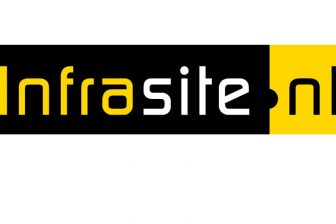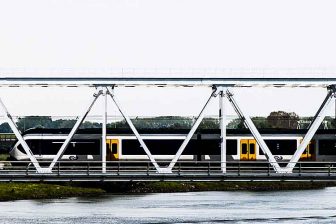Promoting mobility through transport logistics
IP/06/849 Promoting sustainable mobility through advanced transport logistics
The Commission has 2006-06-28 adopted a communication on freight transport logistics. The communication highlights the need for an overall approach to the improvement of transport logistics and rehearses the issues in preparation for an action plan in spring 2007 to promote such logistics. Transport logistics makes it possible to optimise flows of goods. Logistics is thus an essential tool for meeting the challenges of growing mobility and competitiveness. It is also a means of reducing the adverse effects of mobility, such as pollution, congestion and energy dependence.
Jacques Barrot, Vice-President of the Commission responsible for transport, declared that “logistics can optimise the conditions for the delivery of goods. It is a crucial means of making transport more efficient, while limiting the effects of pollution and congestion. I want lorries to go by train or boat over long distances. Efficient logistical services should ensure a seamless flow of cargo. A European logistics policy should keep know-how and talent in Europe and help to avoid the relocation of jobs outside our borders”.
Logistics involves organising and carrying out transport and storage activities to make the goods supply chain efficient. Annual expenditure on logistics in Europe is about €1 000 billion. On average, logistics accounts for 10-15% of the final cost of finished goods.
Although the development of transport logistics is basically a matter for industry, it is for the public authorities to create a framework in which industrial activity can expand. Logistics is a priority for the European Commission, since advanced, integrated solutions can help to optimise transport, and hence make it possible to decouple mobility from its pollution, congestion and energy-dependence effects. Logistics also promotes growth and makes European firms more competitive.
The Commission is addressing several areas where action could be taken to enable the logistics market to develop effectively. These include:
- setting up a group of contact points with the Member States and industry to identify and deal permanently with the obstacles preventing faster development of freight transport logistics (“bottlenecks exercise”);
- improving effectiveness and interoperability in information technologies and communications so as to provide better tracking and tracing;
- building logistics terminals and improving their efficiency;
- optimising the use of infrastructure to meet the needs of advanced logistics (e.g. through the emergence of a dedicated rail freight network);
- improving the training and certification of logistics providers and other personnel involved in the management of logistics flows;
- harmonising transport documents; clarifying, and ensuring the harmonisation of, the different liability regimes in the multimodal chain;
- promoting multimodal transport solutions;
- devising methods and indicators for assessing logistics performance in Europe and introducing a label recognising logistics excellence in transport and the supply chain;
- researching and implementing common European standards for loading units to ensure a seamless flow of cargo. Rules on vehicle dimensions and loading units should meet the needs of modern logistics.
The communication and the subsequent consultations with the European institutions and interested parties will lead to an Action Plan for Freight Transport Logistics in 2007.
Further information:
http://ec.europa.eu/transport/logistics/index_en.htm
U las zojuist één van de gratis premium artikelen
Onbeperkt lezen? Profiteer nu van de introductieaanbieding voor € 10,- per maand.
Bent u al abonnee?



